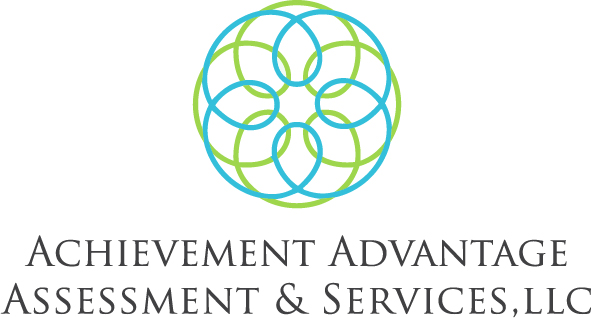Once you have organized yourself (link), your materials (link), and found your optimal study environment (link), the next step is to actually study. In a post-secondary institution, independently reading the assigned content is the first step to preparing yourself for in-class learning and studying for exams.
We highly recommend reading the chapter or assigned reading before attending the lecture that will cover the same topic. Proper scheduling using your syllabus is an important step to make sure that you are able to do this. When you read the material prior to the lecture, it allows you the gain exposure to the information more than once. This is especially important because you must be exposed to information multiple times before it transfers to from your short-term to your long-term memory. If you read the chapter before your lecture, you will have at least three exposures to the material: before the lecture, during the lecture, and during your study time after the lecture. It also allows you the opportunity to solidify new concepts prior to the lecture and develop specific questions to ask during the lecture. Accessing the information prior to the lecture also allows you to process the information with respect to your disability. An example of this would be if you have a reading disability, you are able to listen to an audio recording of the chapter.
When reading advanced level texts, it can be more difficult to read the content, understand the vocabulary, and comprehend the meaning. In order to encourage comprehension, is important to preview the text prior to beginning to read it. When previewing the text, you should read the title and the author’s name and think about the source. Next, skim the Table of Contents to see how the chapter relates to other chapters within the book. Begin by reading the abstract, introduction, and summary or conclusion. Then, read the headings and subheadings while looking at the graphic aids and photographs which will help you to determine the majority of information that will be covered in the chapter. Prior to begin reading, decide which portion is the most important or will be covered by the next lecture and prioritize that part of the chapter.
Below is a list of helpful questions to guide you during the previewing process:
Why are you reading this text (i.e. class discussion, background information, exam, or a paper)?
How long is this reading?
What do graphic aids/photographs tell you?
Are there any new terms or concepts?
What do I already know about this subject?
What you need to know about the text?
Turn headings and subheadings into questions and try to find the answers when reading.
Then, decide how much you are going to read, read that portion, and take a quick mental break. Before moving on to the next section, it is essential that you are able to answer the questions that you generated prior to reading. If you are unable to answer the questions, then you should reread the section until you have a thorough understanding. If a particular topic proves difficult for you, it is also appropriate to ask your previewing questions during the lecture.
Taking notes while reading can increase comprehension and improve your retention of information. Next week, we will discuss the importance of note taking and methods for taking effective notes.

